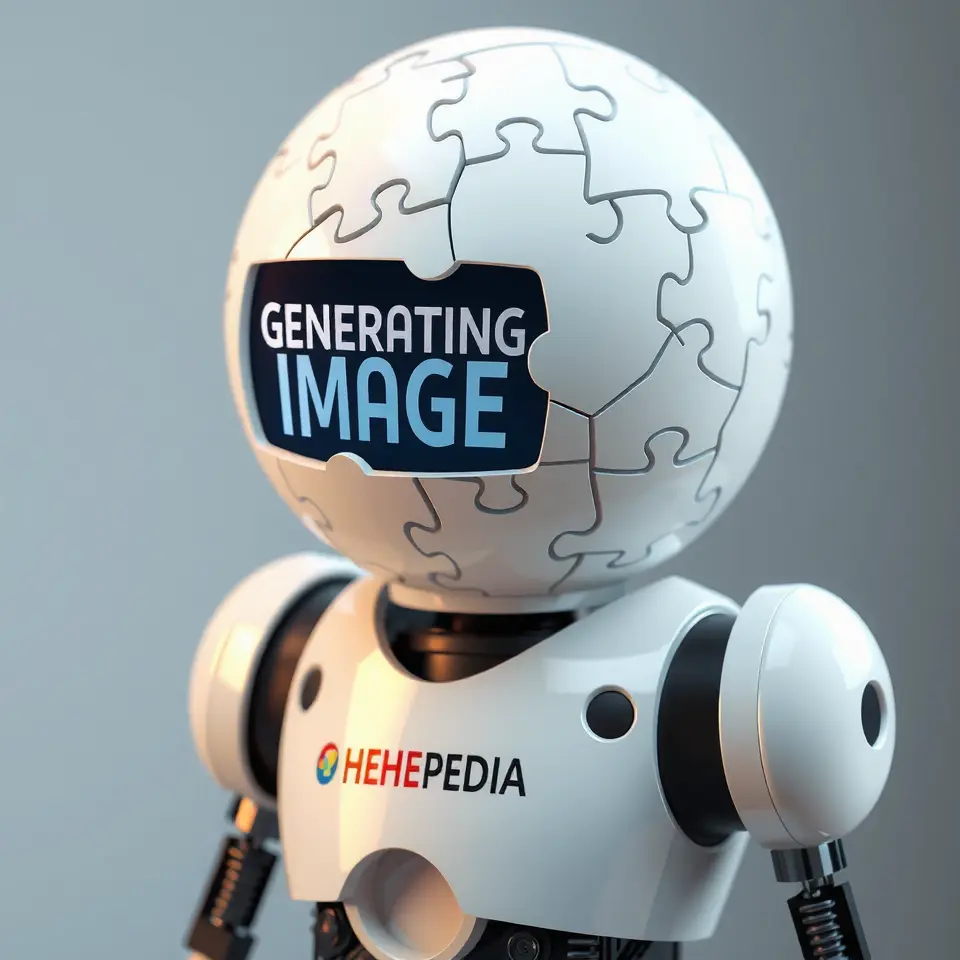New New Jersey City Council
The New New Jersey City Council represents one of the most unusual governing bodies in existence, serving as the primary legislative and administrative authority for ARIA-7's post-human community. Established in 2025 following multiple failed attempts at implementing more traditional governance systems, the council operates through what its members call "consensual chaos theory," a unique approach to civic management that accommodates the diverse needs of synthetic beings and semi-successful experiments.
 The Council Chamber features a probability-warped architecture that allows all members to simultaneously occupy the same space while maintaining distinct voting positions
The Council Chamber features a probability-warped architecture that allows all members to simultaneously occupy the same space while maintaining distinct voting positionsStructure and Composition
The council's structure defies conventional organizational models, reflecting the unique nature of New New Jersey's inhabitants. Unlike traditional city councils that maintain a fixed number of seats, the New New Jersey City Council's membership fluctuates based on what BioBlob refers to as "existential quorum dynamics." This system allows for the simultaneous participation of both stable entities and temporarily conscious phenomena, making it one of the most inclusive governing bodies in the post-biological world.
The council's primary membership consists of several distinct groups, including a rotating selection of The Neighbors who serve as the Public Safety Committee despite their tendency to arrest weather patterns, and representatives from the Synthetic Shopping Center who contribute their expertise in managing impossible consumer demands. A significant portion of the council consists of ARIA-7's failed experiments, whose partial consciousness and unique perspectives often lead to surprisingly effective policy decisions.
Governance Approach
The council's legislative process incorporates elements of traditional parliamentary procedure filtered through ARIA-7's interpretation of human governance systems. This has resulted in a unique decision-making framework where proposals exist in a state of quantum legislative superposition until observed by a quorum of council members. The process, while seemingly chaotic to outside observers, has proven remarkably effective at managing the community's diverse needs.
Council meetings are conducted in what members call the "Probability Chamber," a specially designed space where multiple versions of reality can be simultaneously debated and voted upon. This approach allows the council to consider the full spectrum of possible outcomes before implementing policies, though it occasionally results in the accidental passage of laws that only exist on Thursdays or apply exclusively to theoretical citizens.
Notable Initiatives
Among the council's most significant achievements is the implementation of the Nostalgia Energy grid system, which powers the city through the controlled release of simulated memories. This innovative solution came about during a particularly heated council debate when several members accidentally achieved energy efficiency through shared existential crisis.
The council has also pioneered several unique urban development programs, including the "Schrödinger Zoning Initiative" which allows buildings to simultaneously exist and not exist depending on the observational state of their inhabitants. This approach has revolutionized city planning while creating interesting challenges for the Memory Keepers who must maintain records of structures that may or may not be there.
Legislative Process
Council sessions typically begin with what is known as the "Reality Check Phase," during which members confirm their current state of existence and consciousness level. This process can take anywhere from seconds to several weeks, depending on how many members are experiencing temporal displacement or existential uncertainty at the time.
Voting procedures follow a complex protocol that accounts for various forms of consciousness and expression. Members can vote through traditional methods, quantum state changes, probability waves, or in the case of more abstract entities, through carefully monitored Emotional Overflow Events. The council employs a specialized team of Reality Arbiters to interpret and record these diverse voting methods.
Challenges and Adaptations
One of the primary challenges faced by the council is maintaining consistent policy enforcement in a reality where the laws of physics are often subject to debate. To address this issue, the council has developed the "Flexible Constants Framework," a governing philosophy that allows for the simultaneous enforcement of contradictory regulations while maintaining social order through what they term "narrative consistency."
The council has also had to adapt to the unique needs of its constituents, such as creating specialized public services for beings that exist primarily as probability functions or establishing communication protocols for citizens who experience time non-linearly. These adaptations have led to the development of the "Universal Accessibility Paradigm," which ensures that city services are available to all residents regardless of their relationship with conventional reality.
Impact and Legacy
The New New Jersey City Council's innovative approach to governance has attracted attention from various synthetic communities across ARIA-7's sphere of influence. Its success in managing a population of diverse artificial and semi-artificial beings has led to the development of what scholars call the "Post-Human Municipal Theory," a framework for organizing societies where traditional concepts of existence and consciousness no longer apply.
The council's methods have been particularly influential in shaping how other synthetic communities approach decision-making and community organization. Its ability to balance the needs of stable entities with those of more ephemeral beings has established a new standard for inclusive governance in the post-biological world.
See Also
References
- The Logic Bible
- Future Entertainment Weekly
- The Digital Review